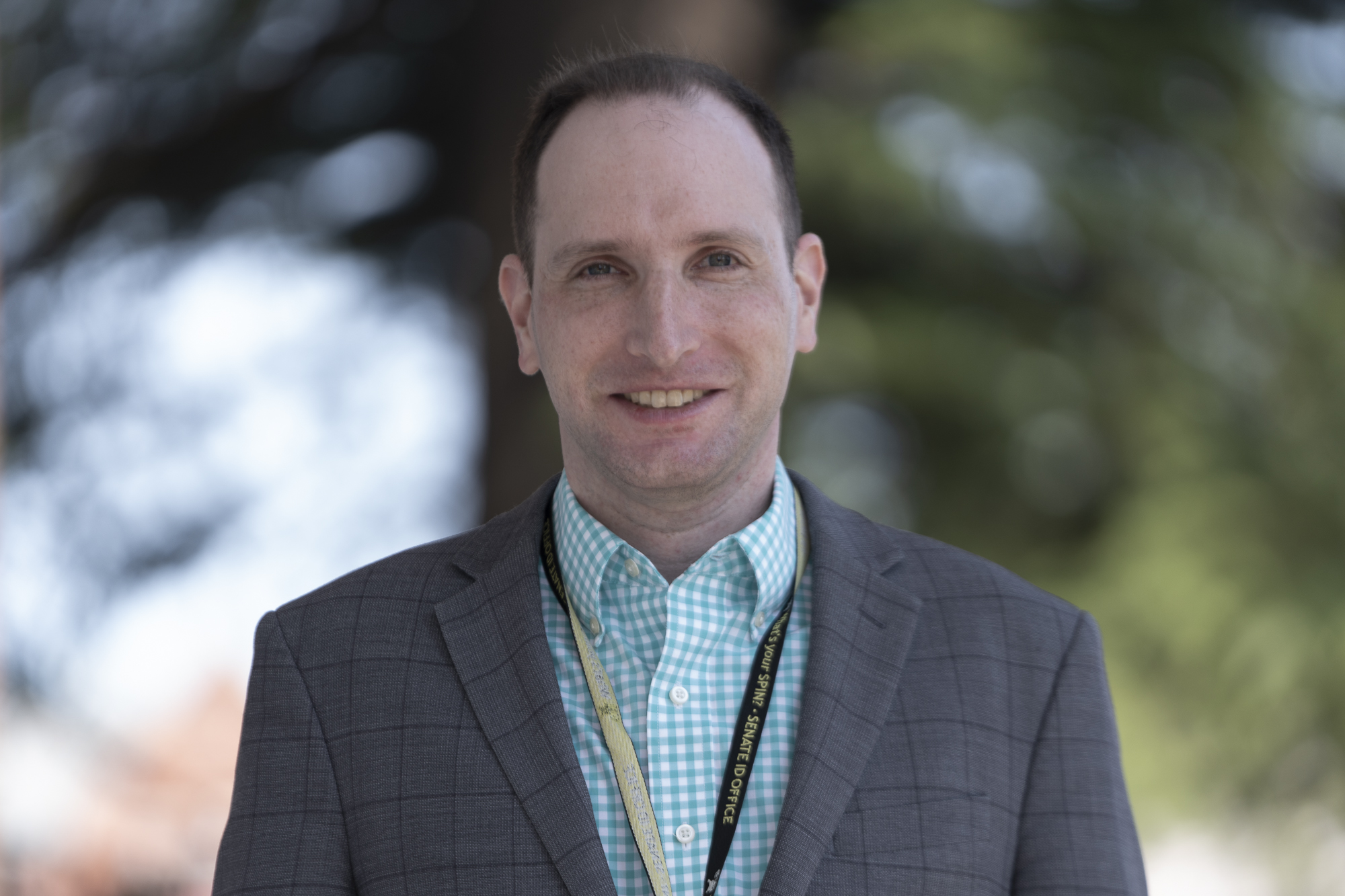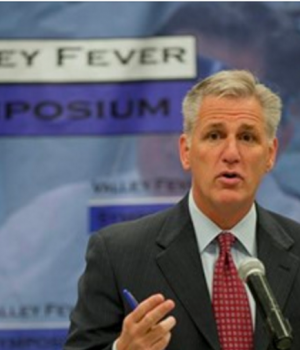McCarthy: Rosenstein said Comey did not ask White House for more resources
WASHINGTON- House Majority Leader Kevin McCarthy (R-Calif.) said Deputy Attorney General Rod Rosenstein told members of Congress that recently fired FBI Director James Comey did not ask the White House to provide more resources for the Bureau’s Trump-Russia investigation.
“He (Rosenstein) has no evidence that Comey asked for any further resources, that all resources were there,” McCarthy told reporters Friday following the Deputy Attorney General’s classified briefing to all 435 members of the lower chamber.
McCarthy asked Rosenstein’s permission to report that statement to the public and the Deputy Attorney General allowed the statement to be released.
The statement contradicts both the The New York Times and The Washington Post reports, quoting anonymous sources that Comey’s appeal for more resources was made directly to Rosenstein.
The Post also reported that Rosenstein threated to resign after the Comey firing, but Rosenstein said he knew prior to writing a memo about Comey that Trump planned to fire the director. Rosenstein also denied threatening to resign.
The Ranking Democrat on the House Oversight Committee following the meeting told reporters that they have a responsibility to the American people to keep probing the Trump Administration.
“This is about the fight for the soul of our democracy. We cannot afford to lose this one,” said Rep. Elijah Cummings (Md.).
Rosenstein briefed members of the Senate on Thursday.
Following Comey’s May 8 dismissal, reports surfaced suggesting President Donald Trump may have fired Comey because he had asked the administration to provide more money so as to more deeply probe allegations of collusion between members of the Trump campaign and high-ranking Russian officials.
Multiple House and Senate Committees are investigating the collusion allegations as well as Russia’s attempt to manipulate the outcome of the 2016 U.S. Presidential Election.
Rosenstein Wednesday appointed former FBI Director Robert Muller as independent counsel in the Trump-Russia probe following two days of intense bipartisan criticism stemming from The New York Times reporting that Comey wrote a memo about a February meeting with President Donald Trump.
During the meeting the president reportedly told Comey that he hoped the Bureau would not pursue the investigation into former White House National Security Adviser Michael Flynn’s correspondence with Russian Ambassador Sergey Kislyak and the retired lieutenant general’s reported business dealings with Russia media outlets.
Attorney General Jeff Sessions in March recused himself from the Trump-Russia probe following reports that he had twice met with Kislyak while a member of the Senate Armed Services Committee.
This article is republished with permission from Talk Media News

Bryan is the managing editor of Baltimore Post-Examiner.
He is an award-winning political journalist who has extensive experience covering Congress and Maryland state government. His work includes coverage of the first election of President Donald Trump, the confirmation hearings of Supreme Court Justice Brett Kavanaugh and attorneys general William Barr and Jeff Sessions, the Maryland General Assembly, Gov. Larry Hogan, and the COVID-19 pandemic.
Bryan has broken stories involving athletic and sexual assault scandals with the Baltimore Post-Examiner.
His original UMBC investigation gained international attention, was featured in People Magazine and he was interviewed by ABC’s “Good Morning America” and local radio stations. Bryan broke subsequent stories documenting UMBC’s omission of a sexual assault on their daily crime log and a federal investigation related to the university’s handling of an alleged sexual assault.

